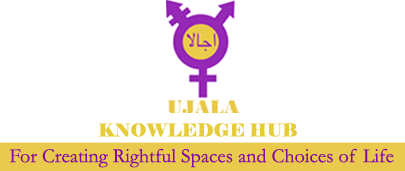Gender equality is a central component to development. Yet Pakistan currently ranks the second lowest country in the world for gender equality, according to the Global Gender Gap Index. Although efforts to promote gender equality are apparent within Pakistan’s Vision 2025, there is still much more to be done to improve the realities for women and girls across the country.
Barriers to access sexual and reproductive health rights, receiving quality education, fulfilling empowerment goals and entering the economic sphere are only some of the ways women are disadvantaged in Pakistan. Women suffer from pervasive gender-based violence, from domestic abuse, honor killings, sexual violence to institutional discrimination. There is a widespread lack of consistent access to quality family planning services in Pakistan. This prevents women from meaningfully participating in educational and economic life outside of the household and from making informed choices about their lives.
Women in Pakistan are also the face of unyielding strength and represent some of the strongest voices demanding change.
Advocating for gender equality: a key to Pakistan’s development
Ujala believes that gender equality will be achieved only when women and men enjoy the same opportunities, rights and obligations in all spheres of life. This means sharing equally in the distribution of power and influence and having equal opportunities for financial independence, education and realizing their personal ambitions.
Gaining equal value in society, from the home to the workplace, and having equal representation and protection of women’s needs and rights in policies and law are all components necessary for gender equality (SDG 5).

